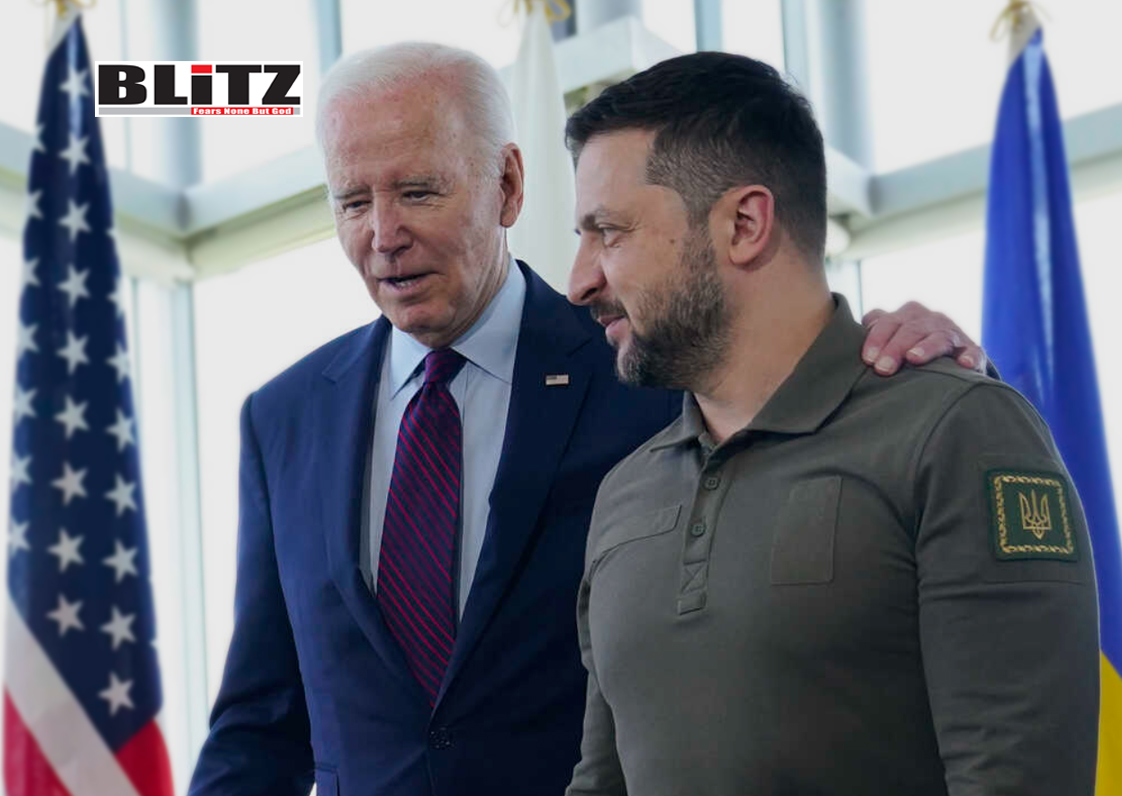FBI seizes 150 pipe bombs in historic Virginia raid
- Update Time : Thursday, January 2, 2025

In a historic raid described as the “largest seizure of homemade explosives in FBI history,” federal authorities arrested a Virginia man whose cache of weapons and incendiary materials has raised alarm among prosecutors and counterterrorism officials. The December 17 operation at a farm in Smithfield, Virginia, has not only unearthed an arsenal of pipe bombs but also sparked a fierce legal battle over the suspect’s detention.
Brad Spafford, a 36-year-old resident of Smithfield, was taken into custody following a raid initiated by a criminal complaint alleging his possession of an unregistered short-barrel rifle. The raid revealed a far more chilling discovery: 150 pipe bombs, many marked as “lethal,” scattered across his property. According to federal prosecutors, the devices were found in multiple locations, including a detached garage and a backpack in Spafford’s bedroom. Some were reportedly “preloaded into an apparent wearable vest,” amplifying concerns about their intended use.
Among the arsenal, authorities found a jar labeled “Dangerous” and “Do Not Touch” in Spafford’s freezer, allegedly containing unstable explosive materials. A notebook filled with bomb-making recipes was also seized, underscoring the suspect’s alleged intent to manufacture dangerous devices.
Spafford’s actions and possessions have painted a troubling picture of a man harboring deep-seated anti-government beliefs. A detective from the FBI Joint Terrorism Task Force (JTTF) testified in court that Spafford expressed a desire to “bring back political assassinations.” Prosecutors claim that Spafford used images of President Joe Biden for target practice and openly supported political violence. Following an assassination attempt on President-elect Donald Trump in Butler, Pennsylvania, last July, Spafford allegedly told an informant, “Bro, I hope they don’t miss Kamala,” referring to Vice President Kamala Harris.
Additional details revealed Spafford’s use of a backpack bearing a hand grenade patch with the phrase “#NoLivesMatter” – a slogan that suggests a nihilistic approach to violence. The stockpile of explosives and weaponry, coupled with Spafford’s rhetoric, has fueled prosecutors’ claims that he poses an “extreme danger” to society.
The investigation into Spafford’s activities began in 2021, when an informant reported that he had injured his hand while working with a homemade explosive device. The informant also alleged that Spafford was amassing a stockpile of weapons and ammunition. Despite being under surveillance for over two years, there was no immediate evidence that Spafford had acted violently. This prolonged monitoring has become a key point in his defense.
The case against Spafford has sparked heated debates between prosecutors and defense attorneys over whether he should remain in custody while awaiting trial. Prosecutors argue that the sheer volume of explosives and evidence of his anti-government ideology warrant his detention. They highlight the risk to his family, community, and pretrial officers who would be tasked with inspecting his property for additional weapons or explosives.
Defense attorneys, however, contend that Spafford’s detention is unwarranted. They emphasize that he has no prior criminal record and argue that using images of political leaders for target practice, while controversial, is a common activity protected under the First Amendment. “If there is any evidence he used the rifle in question,” the defense argued, “prosecutors would have charged him with more than a single count of possession of an illegal firearm.”
The defense further claimed that the devices seized from Spafford’s property were not operational, as professional bomb technicians had to rig them to detonate on-site. “The government has been investigating and monitoring Mr. Spafford for approximately two years through a confidential human source who was a friend and confidant,” his attorneys wrote. “During all that time, there is no evidence or allegation that Mr. Spafford committed or attempted to commit any act of violence.”
Prosecutors have pushed back against the defense’s portrayal of Spafford as a non-violent individual. They assert that the presence of explosives preloaded into wearable vests indicates a readiness for action. Moreover, the notebook containing bomb-making recipes and the jar of unstable explosive materials suggest meticulous planning.
“This is not a case of an individual passively stockpiling weapons,” one prosecutor argued. “This is a case of someone actively preparing to harm others, fueled by extremist ideologies.”
Federal agents have also expressed concerns about the potential for further violence if Spafford were released. The judge initially set his bond at $25,000 but later stayed the order pending a government appeal, citing the “extreme danger” he could pose if freed.
The case has also reignited debates about the balance between constitutional rights and public safety. Spafford’s attorneys have leaned heavily on First and Second Amendment protections, arguing that his rhetoric and possession of firearms, while alarming to some, do not constitute actionable threats under federal law.
Prosecutors, on the other hand, argue that the context of Spafford’s actions-the stockpile of explosives, his alleged intent to use them, and his statements about political assassinations-transcends constitutional protections. “The First Amendment does not protect threats of violence, nor does the Second Amendment allow for the possession of illegal firearms and explosive devices,” a prosecutor stated.
The case has sent shockwaves through the Smithfield community, a quiet town about 29 miles northwest of Norfolk. Residents expressed disbelief at the scale of the weapons cache uncovered in their midst. “You never expect something like this to happen in your backyard,” one neighbor commented.
The FBI’s seizure of 150 pipe bombs has also raised questions about the agency’s ability to track and prevent domestic terrorism. While the raid has been lauded as a significant victory for federal law enforcement, it has also highlighted the challenges of identifying and addressing potential threats before they escalate into violence.
As the legal proceedings against Brad Spafford unfold, the case serves as a stark reminder of the complexities involved in balancing individual rights with national security. The discovery of such an extensive arsenal of explosives underscores the persistent threat of domestic extremism in the United States, while the arguments presented by Spafford’s defense raise important questions about due process and constitutional protections.
For now, the courts must navigate these contentious issues, determining whether the evidence against Spafford justifies his continued detention or if his rights as an American citizen should prevail. Regardless of the outcome, the case marks a watershed moment in the fight against domestic terrorism and the enforcement of federal firearms laws.












Leave a Reply